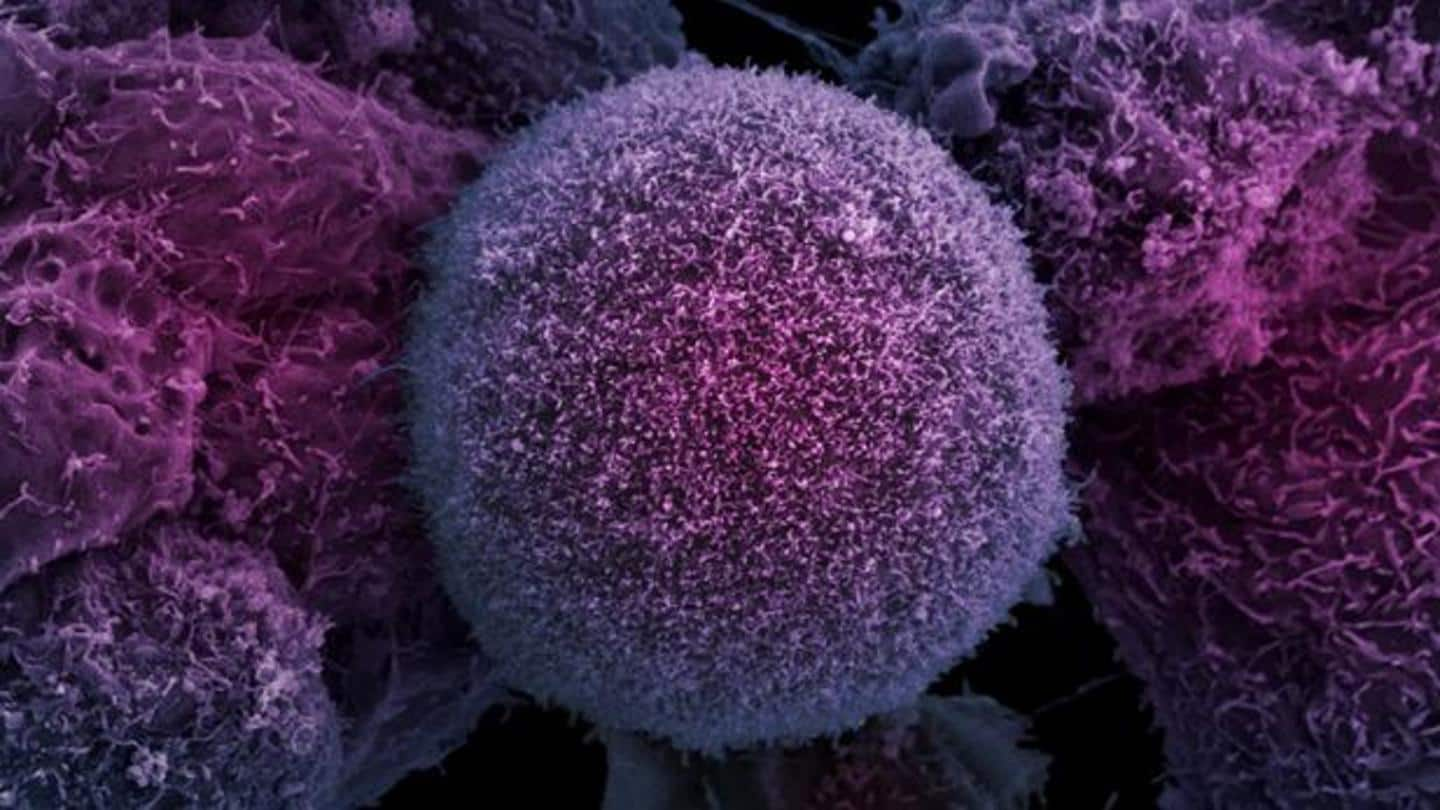
Resistant starch can lower hereditary cancer risk by over 60%
What's the story
A method to keep hereditary cancer at bay might have been discovered. A multi-year study conducted by researchers at the Universities of Newcastle and Leeds has found a digestion-resistant molecule that can lower the risk of hereditary cancer by over 60%. The molecule is a resistant starch and is found in several everyday foods including pasta, slightly underripe bananas, oats, rice, peas, and beans.
Context
Why does this story matter?
Cancer snuffs out thousands of lives worldwide every year and scientists are still searching for cures. It can only be treated in the early stages and the procedures are very expensive. What is even worse, is that sometimes cancer is passed down generations. If a simple dietary supplement can prevent it, then maybe there is hope after all.
Details
What is resistant starch?
Professor of Human Nutrition at Newcastle University, John Mathers, described resistant starch as a carbohydrate fermented in the large intestine which feeds beneficial gut bacteria. It has fewer calories than regular starch. "We think it may reduce cancer development by changing the bacterial metabolism of bile acids and to reduce those types of acids that damage our DNA and cause cancer," he added.
Study
A brief look at the study
Between 1999-2005, roughly 1,000 test subjects with Lynch Syndrome, a genetic condition that increases the risk of cancers, were asked to consume aspirin or resistant starch in powder form every day for two years. The trial revealed that resistant starch consumption reduced instances of upper gastrointestinal cancers by more than half. Examples of upper gastrointestinal cancers include gastric, biliary tract, pancreatic, and duodenum cancers.
Information
How to consume resistant starch?
Resistant starch is found naturally in foods like unripe bananas, peas, and beans. They can also be consumed as a powder supplement in the form of pills. The starch resists breakdown, reaches the bowel, and changes the type of bacteria that reside there.